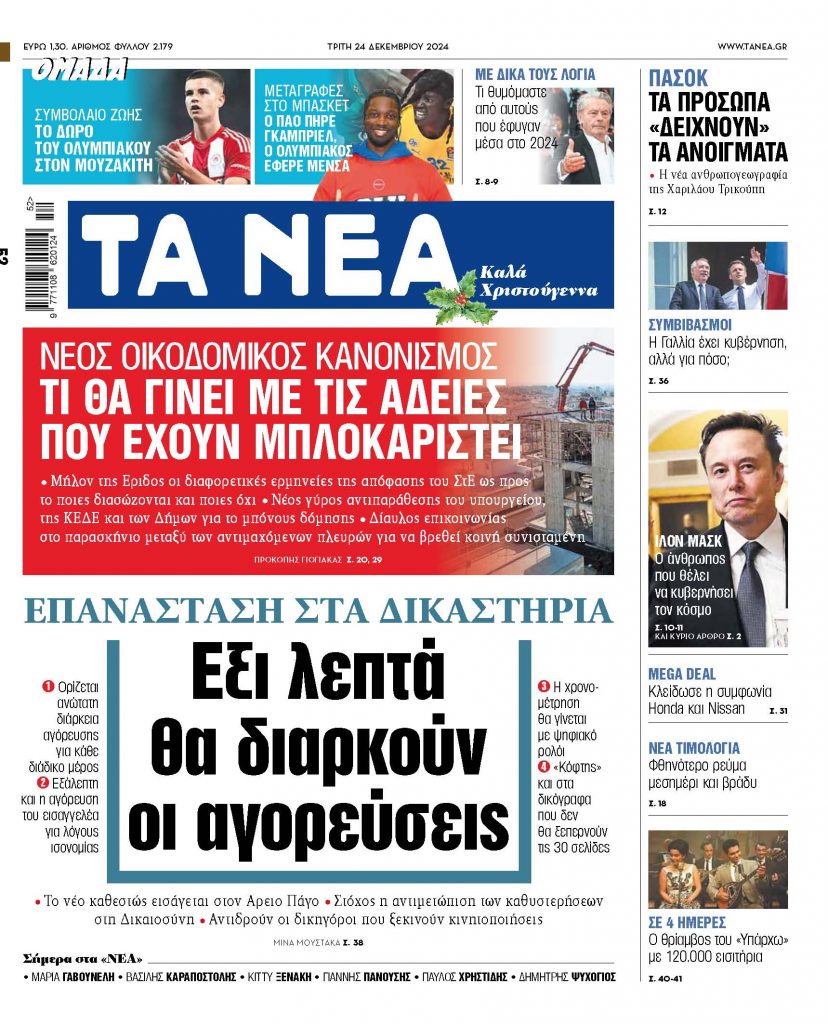The images of the blazing ship off the coast of Kerkyra dominated the news over the weekend.
Everyone’s mind focused on protecting and saving the passengers. The rapid intervention of authorities saved many lives that might have tragically been lost.
As the days go by, however, we are focusing ever more on the causes of the fire.
Why did the Euroferry Olympia, which is still smouldering, go up in flames? Why were there passengers remaining in their vehicles?
The first people who are entitled to receive answers are the relatives of those still missing – who know time is not on their side and that it is highly unlikely that the news will not be good.
If we were speaking about a natural disaster, things would be different, but that is not the case here. We are not dealing with an unavoidable tragedy.
Greece is a seafaring country with an organised state, rules, and regulatory procedures, even for the private sector when it does not abide by them.
Consequently, inspections must be regular and thorough, and not slipshod.
It inconceivable that in a span of eight years we have witnessed two identical wrecks.
Something should have changed since 2014, when the Norman Atlantic caught fire in the Adriatic, not so much because of what happened after the fire as what should have been done before.
There are almost always victims in an accident at sea, but it is above all the lamentation of the families of victims that make proper inspections a sacred duty.








